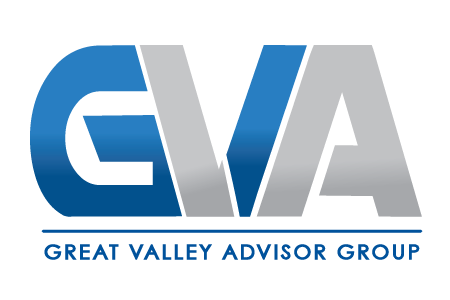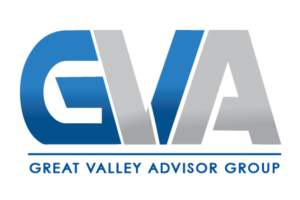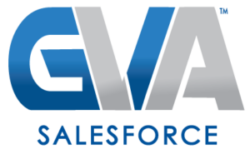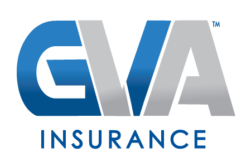The IRS’s Employee Plans Compliance Resolution System (EPCRS) is designed to improve overall plan compliance by helping plan sponsors voluntarily correct plan compliance errors for a reduced fee or, in many cases, no fee. Penalties for compliance errors are often significantly lower if a plan sponsor identifies and corrects the problem voluntarily rather than having the issue identified in an IRS or DOL audit.
EPCRS offers three programs for correcting plan errors:
- The Self-Correction Program (SCP) allows plan sponsors to correct certain operational errors for no fee and without involving the IRS if they follow the correction procedures described by the SCP.
- The Voluntary Correction Program (VCP) allows plan sponsors to correct plan errors after submitting paperwork to the IRS, paying a fee, and receiving IRS approval for the correction.
- The Audit Closing Agreement Program (Audit CAP) allows plan sponsors to correct errors discovered during an IRS plan audit by working with the IRS and paying a penalty.
During the third quarter, the IRS made several changes to EPCRS that make correcting plan errors easier for plan sponsors.
- Extended time to correct under SCP – Plan sponsors now have until the last day of the third plan year following the year for which the failure occurred to correct a significant operational or plan document error. Previously, plan sponsors only had until the end of the second plan year.
- Extended automatic enrollment safe harbor – If deferrals are missed under an automatic enrollment feature and the mistake is corrected within 9½ months after the end of the year in which the deferrals were missed, the plan sponsor does not have to provide a make-up contribution to the participant as would otherwise be required. This temporary safe harbor correction option was set to expire on December 31, 2020, but it has been extended through 2023.
- Easier to correct with a retroactive plan amendment – The updates to EPCRS make it easier for plan sponsors to correct an operational error by amending the plan document to match how the plan was operated.
Updates to EPCRS also eliminated an option for plan sponsors. Previously, plans could submit correction procedure proposals to the IRS anonymously under the VCP. The IRS has eliminated this option but has indicated it will make an “anonymous pre-submission conference” available to discuss alternative correction procedures before the plan sponsor formally submits under the VCP.
One of the requirements to be able to self-correct operational mistakes under EPCRS is for a plan to have written policies and procedures to ensure consistent operations. The IRS recommends plans implement internal controls to make certain the plan is being operated in compliance with the laws and the plan document. Internal controls should be designed to help detect and prevent plan errors, including, for example, having processes in place for periodically verifying that plan operations are performed according to the terms of the plan document, and the accuracy of the employee compensation records transmitted to the payroll processor and/or the plan record keeper.
For questions on this topic and other 401k business enhancements please contact S.Jason Kell, AIF®, GVA Director of Retirement Plan Services.











